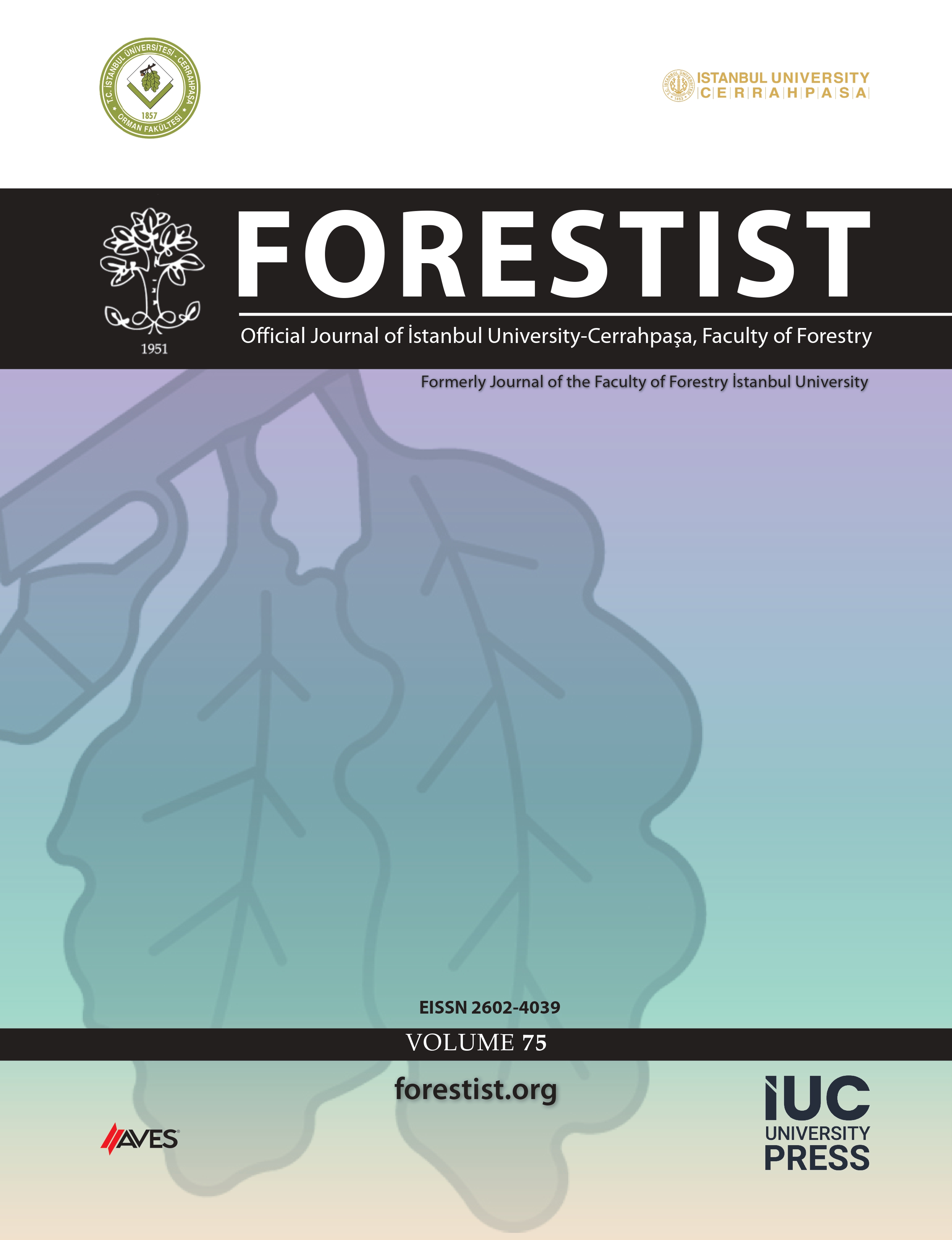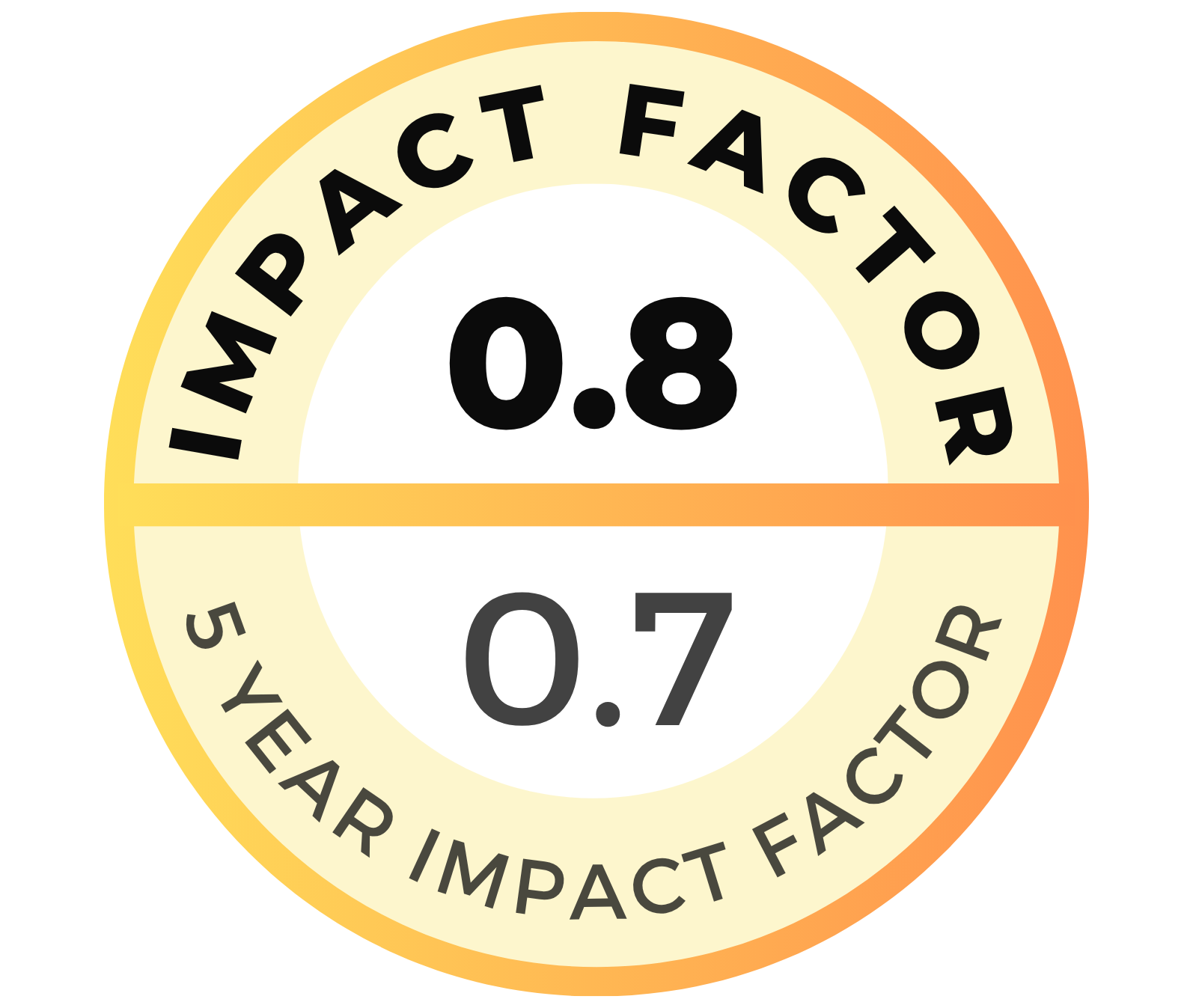Abstract
Climate change is adversely impacting the agricultural sector through increasingly drier conditions, pushing farmers into wetlands. This has major implications on forested wetlands and wetland ecosystems. This study was carried out to assess how climate change is inducing the expansion of crop cultivation into forested wetlands and the implications on wetlands and wetland ecosystems in Cameroon. Findings revealed that the main extreme weather events driving the expansion of crop cultivation into forested wetlands are extreme sunshine, bush fires, scanty and erratic rainfall, prolong dry spells, high temperatures, and recurrent storms. Market garden crops and food/cash crops are the main types of crops cultivated by farmers in forested wetlands faced with weather extremes. Market garden crop cultivation increases the propensity of extension into forested wetlands compared to food/cash crops. Major implications of crop cultivation in forested wetlands are biodiversity loss, depletion of fresh water, and pollution. Favourable policies are needed to stem the tide of forested wetland degradation.
Cite this article as: Awazi, N.P., Quandt, A., & Ambebe, T.F. (2024). Climate change and anthropogenic pressures on forested wetlands and wetland ecosystems in Cameroon: sustainability and policy implications. Forestist, 74(3), 365-376.




.png)
